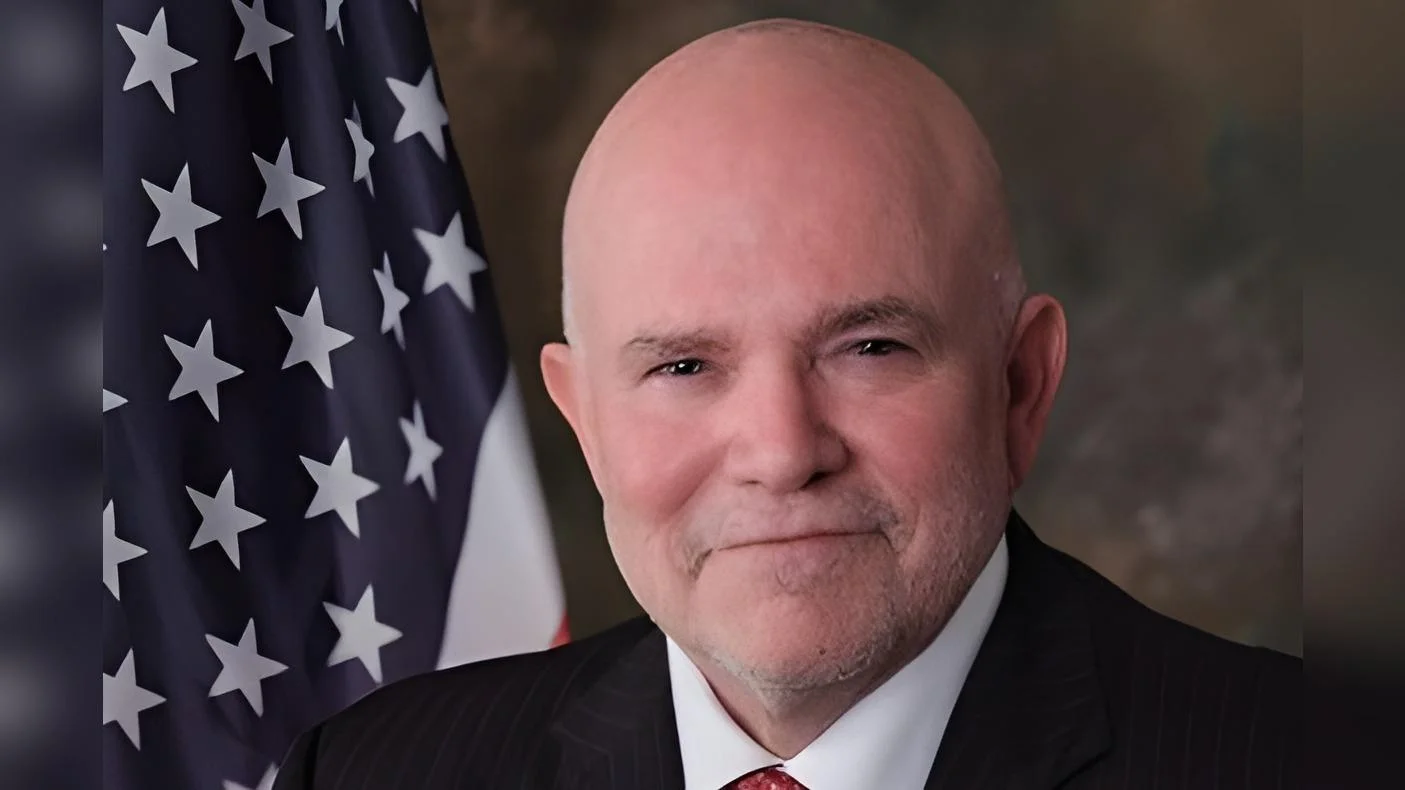Semler Scientific Inc. has agreed to pay $29.75 million, and Bard Peripheral Vascular Inc., along with its related companies, will pay $7.2 million to settle allegations of violating the False Claims Act by causing false claims to be submitted to Medicare for tests performed using FloChec and QuantaFlo devices in the diagnosis of peripheral arterial disease (PAD).
According to the Department of Justice, these payments resolve claims that both companies knowingly misrepresented their products' eligibility for Medicare reimbursement. Assistant Attorney General Brett A. Shumate stated, "Medicare billing regulations are created, in part, to protect the public fisc. It is incumbent upon manufacturers and their distributors to be honest with their customers about the rules and regulations that apply to their products."
U.S. Attorney Gregory W. Kehoe for the Middle District of Florida commented on the case: "Government programs expect an honest exchange between suppliers and programs funded by taxpayer dollars. When critical information is misrepresented or skewed for profit or personal gain, the limited resources available for our healthcare system are diminished."
Acting Special Agent in Charge Isaac M. Bledsoe from HHS-OIG said, "Medical device companies that misrepresent the capabilities of their products and encourage providers to bill Medicare for services that do not meet coverage requirements drain critical taxpayer-funded resources." He added that Semler Scientific has entered into a five-year Corporate Integrity Agreement with HHS-OIG requiring significant internal compliance measures.
PAD is a condition involving narrowing or blockage of blood vessels in the legs, traditionally diagnosed using an ankle brachial index (ABI) test alongside additional procedures as required by specific Current Procedural Technology (CPT) codes—93922, 92923, or 93924—for Medicare reimbursement purposes. Medicare does not cover noninvasive vascular tests using photoplethysmography technology.
Between 2010 and 2024, Semler manufactured and distributed FloChec and QuantaFlo devices nationwide; both use light sensors for detecting blood volume changes but do not perform ABI tests as defined by CPT codes or FDA clearance standards.
The settlement addresses allegations that Semler and Bard promoted these devices as reimbursable under CPT codes even though they did not meet requirements because they used photoplethysmography rather than ABI testing methods approved by Medicare guidelines.
Bard acted as Semler’s distributor from 2012 through 2022 and admitted certain allegations while receiving cooperation credit under Department of Justice policies.
In addition to financial penalties, Semler’s Corporate Integrity Agreement obligates it to implement extensive compliance reforms over five years.
The case began with a lawsuit filed under qui tam provisions of the False Claims Act by Robert Kane and Franklin W. West; they will receive approximately $6.5 million from this recovery as whistleblowers who brought forward these concerns on behalf of the government.
This settlement reflects ongoing efforts by federal authorities—including collaboration between DOJ’s Civil Division Fraud Section and U.S. Attorney’s Office for the Middle District of Florida—to combat healthcare fraud nationwide.
"The claims resolved by the settlement are allegations only and there has been no determination of liability."
Tips regarding potential fraud can be reported via HHS at 800-HHS-TIPS (800-447-8477).





